A proposed capital gains tax in Seattle draws mixed response from tech leaders and city lawmakers
Members of the Seattle City Council’s Select Budget Committee on Wednesday debated a newly proposed 2% capital gains tax to support food and housing programs for the city’s low- and middle-income residents.
Response so far is mixed from Seattle’s elected officials, as well as from the tech and business community.
Many leaders question the need for more revenue when the outcomes from current spending on these programs are unclear.
Some also raise concerns about possible detrimental impacts to the business industry and retention of tech talent, but supporters of the tax push back on assertions that the policies harm a region’s innovation ecosystem. The state recently passed its own 7% capital gains tax that sparked some controversy within the Seattle tech sector.
The new proposal comes as the City of Seattle is hashing out its 2025-2026 budget, with Mayor Bruce Harrell calling for $8.3 billion in spending. That includes a $270 million hole in the city’s general fund, which helps pay for public safety, administration, education and human services, arts and culture, and other programs.
There are worries that budget shortfalls could grow in the future, particularly as some expect the incoming Trump administration will be disinclined to provide federal support for a city that’s often vilified by conservative voices.
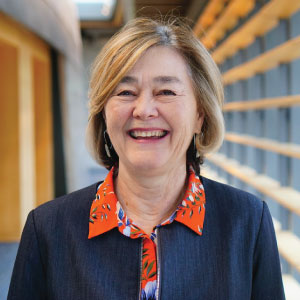
City councilmember Cathy Moore is leading the charge on the proposed capital gains tax.
Moore, chair of the city’s Housing and Human Services Committee, said there are growing unmet needs for Seattle’s financially vulnerable residents. Revenue from the tax would fund initiatives that help people pay rent, assist with housing down payments, and provide food assistance.
Moore acknowledged the need for more data about the impact of existing programs, but said residents are struggling now.
“People’s income is not keeping up with the cost of living,” she said. “It’s not keeping up with rents, not keeping up with food, utilities. We live in a very expensive city, and we live in a city in which the income inequality is continuing to grow at a rapid pace.”
Income inequality in Seattle has grown since the pandemic, and median wages for the city’s tech workers reached record highs last year, according to the Seattle Times.
Fellow councilmembers shared Moore’s concerns, but not all were sold on the new tax, which is being offered as a budget amendment.
Councilmember Rob Saka called the proposal “the right idea at the wrong time” as the city needs to take a closer look at why current efforts aren’t delivering hoped-for results.
“People don’t mind paying their fair share,” Saka said. “But people do have a strong problem with doing that if they’re not seeing any return on investment for their existing tax dollars.”
Impacts on innovation and migration
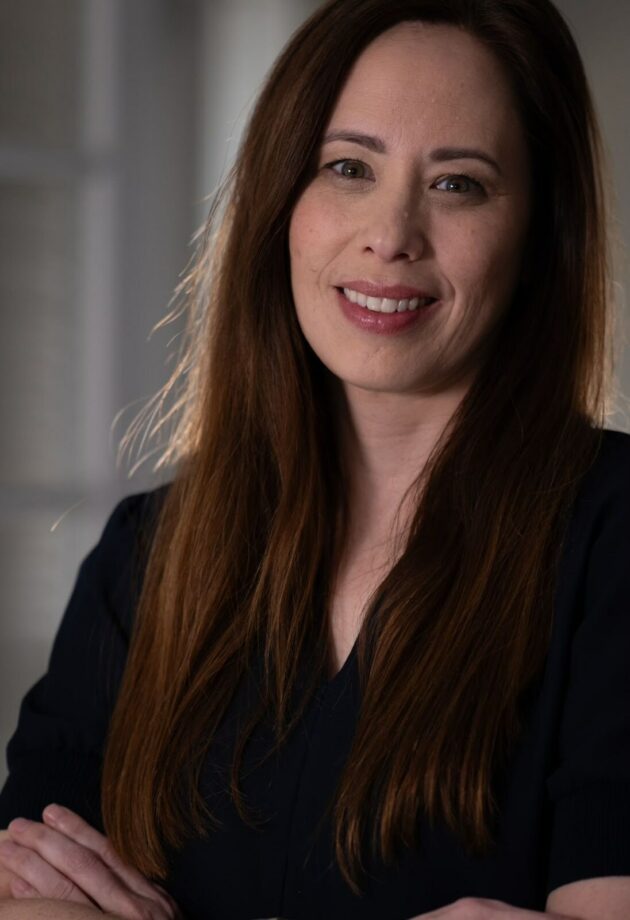
The new tax would likely impact a subset of tech employees and entrepreneurs.
While anyone can invest in stocks, employees at larger companies can receive stock options as part of their compensation package — also known as “golden handcuffs” that help retain employees if the options vest slowly over time.
Employees at startups, meanwhile, often get a stake in a business — equity that could be lucrative if the company is later acquired.
The Washington Technology Industry Association (WTIA) has raised questions about the proposed tax, which could bring in between $16 million and $51 million per year, according to city data.
Kelly Fukai, WTIA’s chief operations officer, said the wide range of potential revenue “does not help the city reliably fund programs” and added that “a further expansion of the capital gains tax warrants more discussion.”
The WTIA opposed the state’s capital gains tax when it passed in 2021.
Seattle Chamber of Commerce President and CEO Rachel Smith also wants more information.
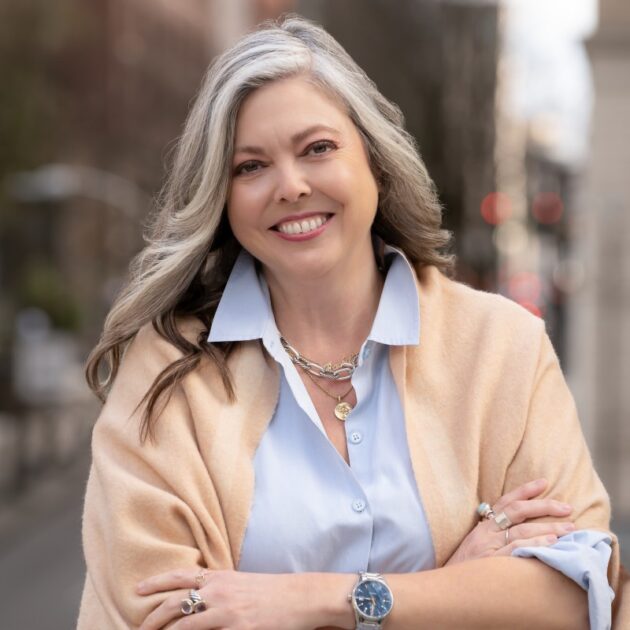
“We simply do not believe that the case has been made that the city needs to raise taxes right now,” she told GeekWire in an interview Tuesday. Smith noted that the city’s revenue has been steadily increasing, and she echoed Saka’s concerns that the results from existing programs bear closer scrutiny.
The chamber is also concerned about keeping the city economically competitive. Smith said most businesses don’t make decisions based on a single data point such as one tax, but when they look at opportunities for growth and attracting talent “there are a lot of inputs into that, and the tax environment … is one of those.”
Chris DeVore, founding managing partner at Seattle venture capital firm Founders’ Co-op, downplayed the connection between taxes and tech innovation.
“California is one of the highest tax burden states in the country, and also happens to be the dominant market for software startups and VC finance,” DeVore said via email. “So no, I think tax policy has very little to do with the quality of innovation in any given location, as much as wealthy anti-tax advocates may wish to conflate the two.”
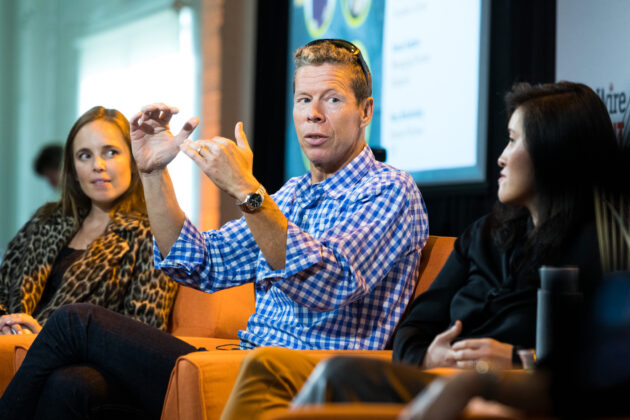
Cristobal Young, an associate professor of sociology at Cornell University, has investigated whether millionaires move to avoid increased income taxes.
“Top earners are established in their careers, married, have kids in school, own their homes, make good money, and have little reason to move,” he said via email. “They have much lower migration rates than lower-income earners, who are still searching for their economic place in life.”
Young cited tax records that show a “small but non-zero effect on elite migration” when taxes go up for wealthy individuals.
If income taxes increase by 1%, about 0.1% of top taxpayers move away, while others remain, according to his research.
“Would a capital gains tax change this story?” Cristobal said. “It would raise the tax rate a bit more — but add resources for social services that help people get to a better place. The endless question is whether a new program — trying to help people — is worth its cost.”
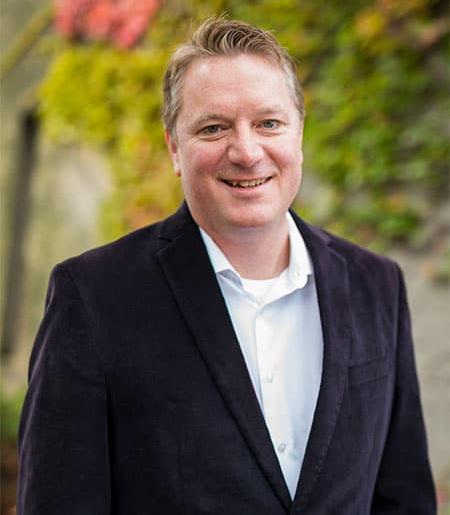
Young’s book, “The Myth of the Millionaire Tax Flight“, published in 2017.
Research from Young in 2022 noted that “once pandemic restrictions arrived, households began questioning the value of living in expensive, high-tax states.” Tax data shows a clear rise in migration out of high-tax states, especially among higher-income earnings, Young wrote, adding that “diminished embeddedness raised the tax-flight cost of taxing the rich.”
Some pointed to Washington’s capital gains tax after Amazon founder Jeff Bezos announced in November 2023 that he was leaving his longtime hometown of Seattle, where Amazon is based, and moving to Miami.
Bezos has sold billions of dollars of Amazon stock since making the move to Florida, which does not have a capital gains tax.
In an Instagram post announcing the move, Bezos said he wanted to be closer to his parents and Blue Origin operations in Florida. He did not mention taxes.
A smaller version of a statewide tax
To cover the current revenue gap in the general fund, the mayor will tap Seattle’s Payroll Expense Tax, also known as JumpStart. The historically controversial tax targets payrolls at the city’s largest companies, including tech giants such as Amazon. The tax was originally earmarked for addressing homelessness, equitable economic development, and environmental programs.
Moore proposed the capital gains tax as a source of added revenue that won’t burden lower-income residents the way a regressive sales tax does, for example.
Her pitch follows last week’s General Election in which Washington voters showed overwhelming support for retaining the 7% statewide capital gains tax that funds education.
The city tax would be implemented at a lower rate, but with otherwise identical language that limits its scope and applies only to profits that exceed a certain threshold, which last year was $262,000. Based on state tax filings from this year, the city version would have impacted 816 taxpayers.
The tax would come into effect in 2026, with revenue first collected in 2027.
Opponents to the state capital gains tax challenged it in court, alleging that it was an income tax and not allowed under state law. The Washington state Supreme Court upheld the tax last year, and the U.S. Supreme Court declined to hear an appeal.
Moore noted that the tax has survived the legal process and the ballot. “It’s a solid form of additional revenue, and … has broad public support,” she said.
A Harrell spokesperson last week said the mayor currently does not support the tax, but is open to discussion.
Former councilmember Alex Pedersen proposed a similar 2% capital gains tax last year.
There are 164 proposed amendments to the city budget, and the committee will begin voting on them starting tomorrow and finishing Tuesday.

